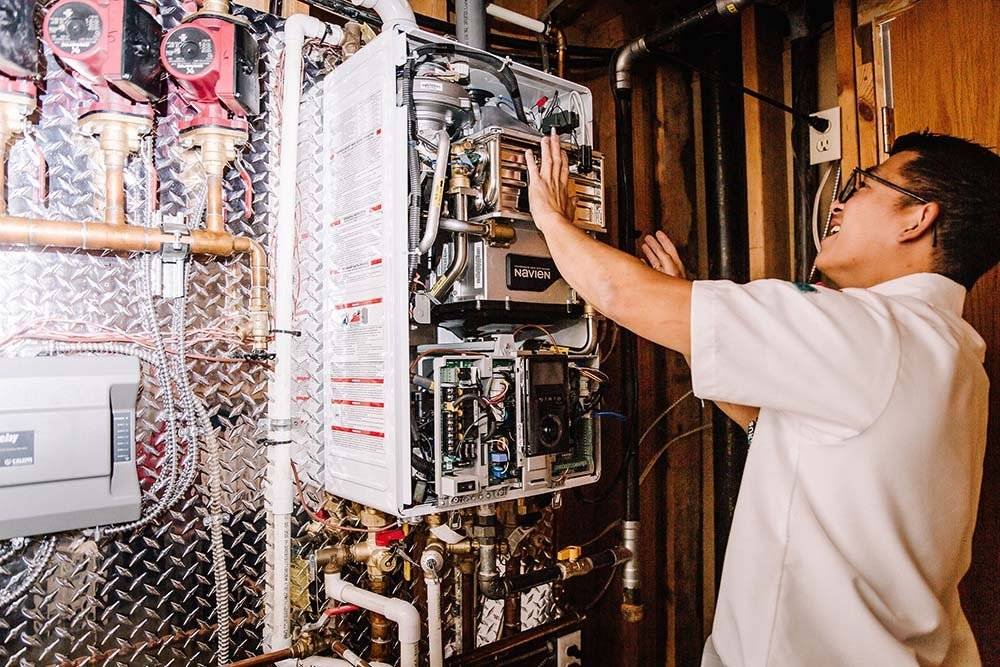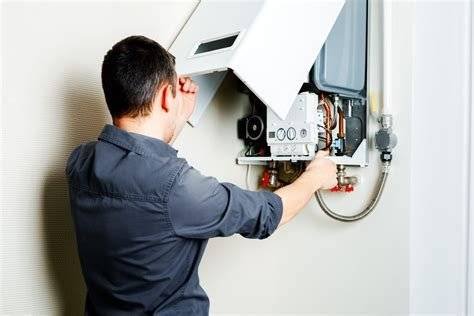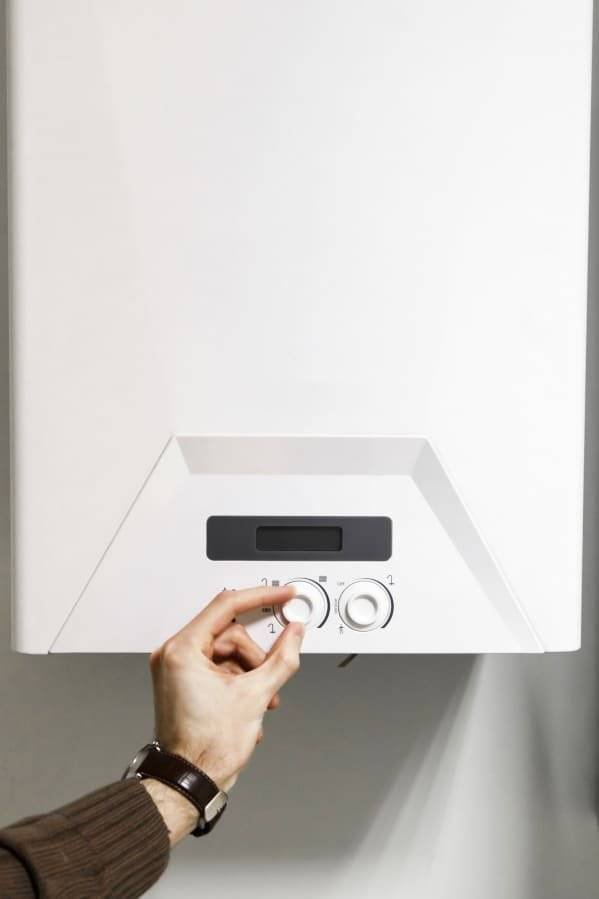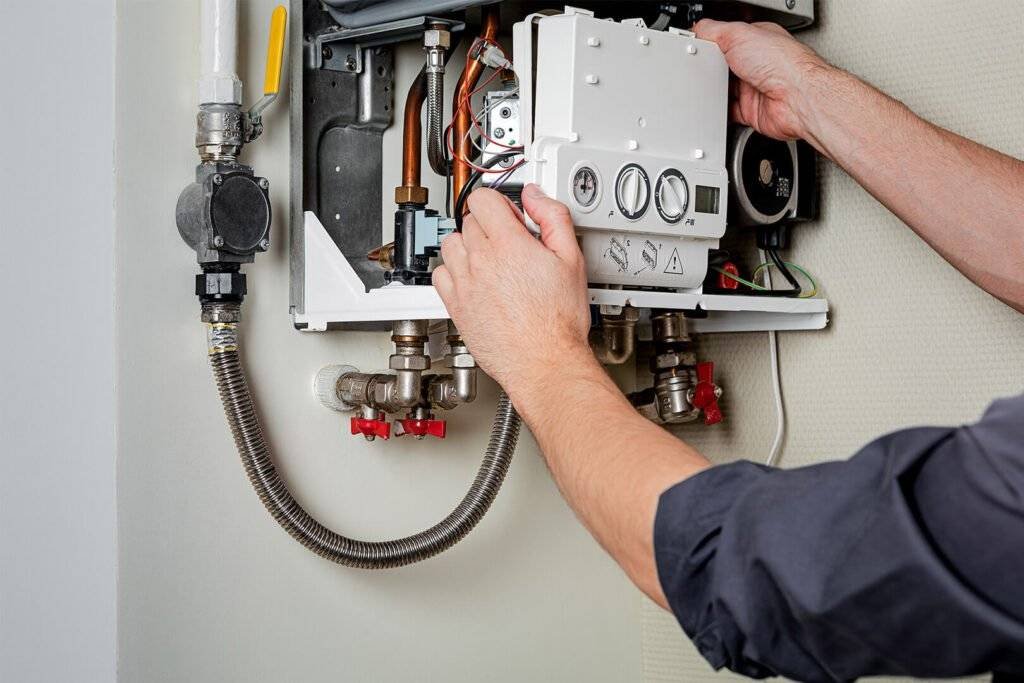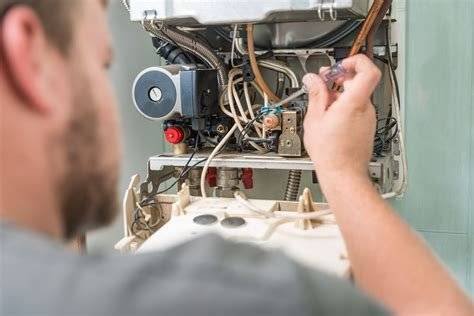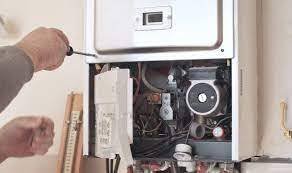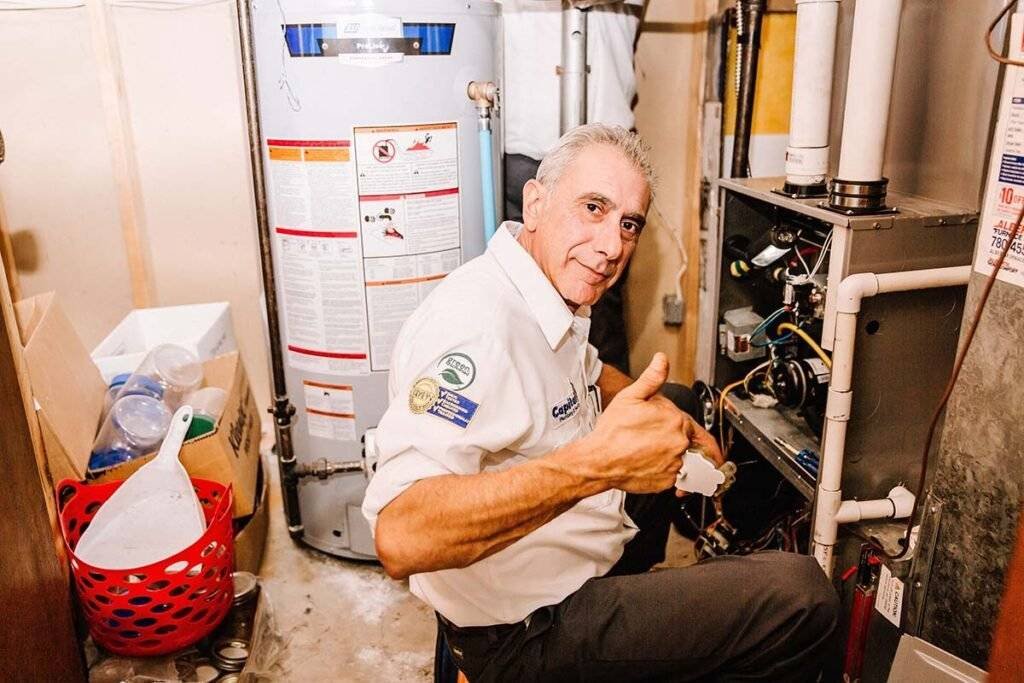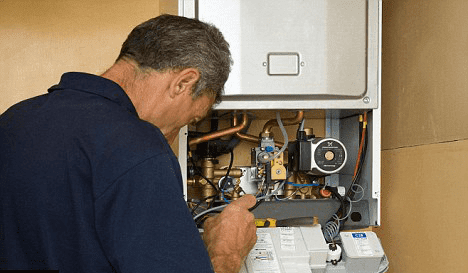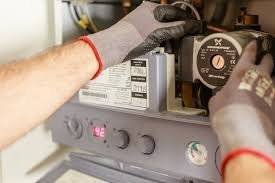Furnace Installation Busby - Your Reliable Heating Professionals
Furnace Pros Plus is your reliable partner for all your heating needs. With years of experience, we concentrate on providing superior heating solutions to keep your home warm and comfy. Our team of proficient specialists devote themselves to supplying professional heater installation, maintenance, and repair work services. We understand the importance of a properly functioning heater, specifically during the colder months. We focus on performance, affordability, and customer complete satisfaction in every project (huge or little). Whether you require a new heater, a regular check-up, or emergency repairs, count on Furnace Pros Plus for reputable and effective heating services that make sure peace of mind and comfort.
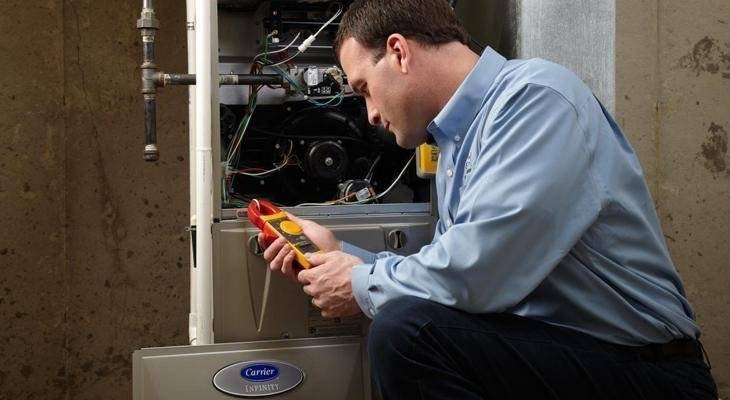
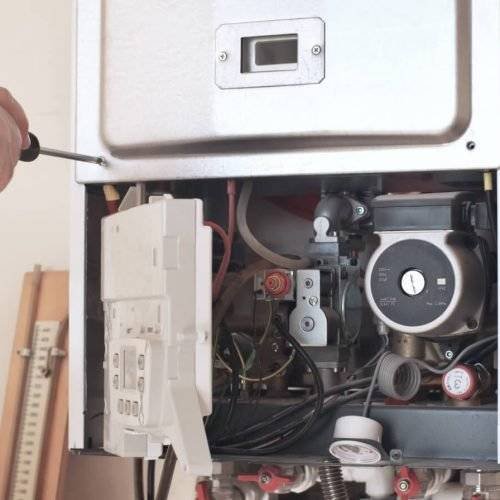
Who Are We?
Domestic Furnace Installations & Repairs
At Furnace Pros Plus, we are Busby’s leading destination for all your domestic heater installations. With a dedication to excellence and a passion for guaranteeing your indoor benefit, we are reputable name in the heating & cooling market.
Got a heating system emergency? Contact us 24/7 at (587) 409-5683
For many years, we have devoted ourselves to offering superior heater installations, tune-ups, and repairs to property owners in Busby. Our team of incredibly proficient specialists boasts thorough experience and knowledge in handling a wide variety of heating units, making us the go-to specialists in Alberta.
Connecting to heater services, we take pride in offering effective and reputable services, customizing our solutions to your particular requirements. If you require a new heating unit for your home, our team will ensure a seamless installation that guarantees your space remains comfy and warm.
Regular tuneups is vital to the resilience and efficiency of your heating unit, and we offer comprehensive tune-up techniques to keep your heating system running efficiently. Our dedicated professionals carry out thorough assessments, determining and handling any possible problems without delay.
In times of unexpected breakdowns, our swift and effective repair services are here to save you from the cold. We understand the urgency of heating emergency situations and are easily available to supply instant help.
At Furnace Pros Plus, we are more than just a heating company; we are your partners in producing a comfortable and warm environment for your house in Busby. Trust us for remarkable service, quality workmanship, and a dedication to your full complete satisfaction. Your comfort is our priority, and we eagerly anticipate serving you.
How can we help you?
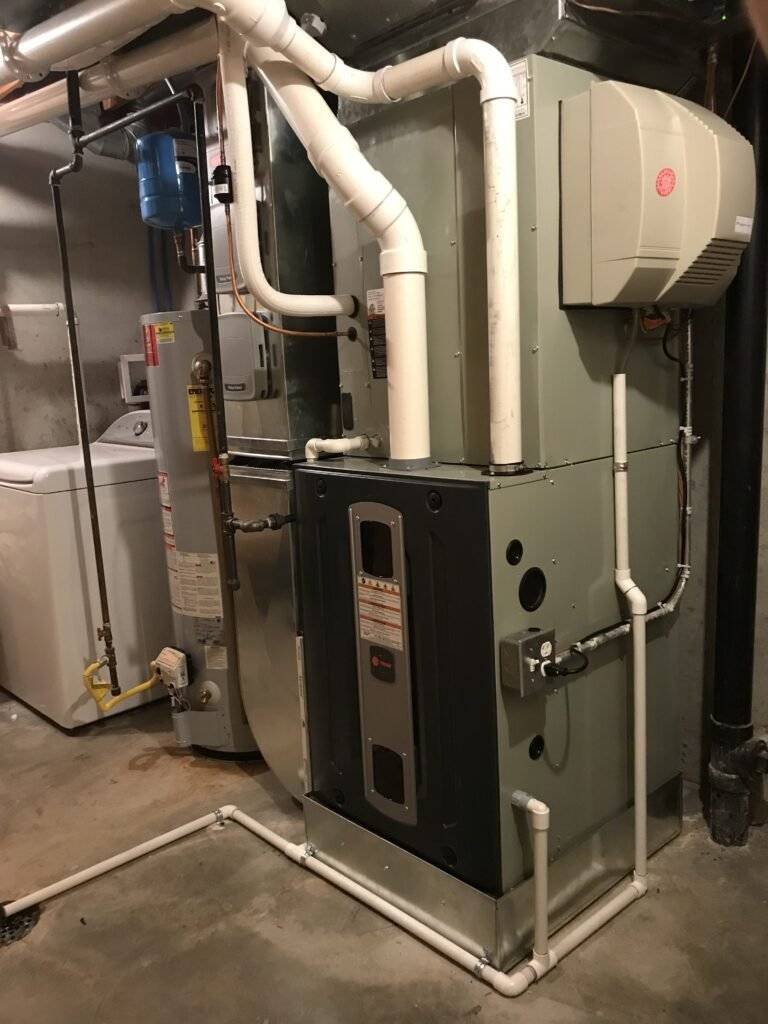
Understanding the Cost of Installing a New Furnace
Introduction
A functioning heater is essential when it pertains to preserving a comfortable and warm home during the colder months. However, there comes a time when installing a new heater is unavoidable.
Understanding the expenses involved in this procedure is vital for house owners to strategy and spending plan appropriately. This thorough guide explores the numerous elements influencing the expense of installing a new heater.
Aspects Influencing Heater Installation Expenses
Kind of Heating system:
- Gas Heaters: Popular for their performance, they usually cost more in advance but use lower operating costs.
- Electric Furnaces: They are less expensive than gas heating systems. However, electrical models tend to have higher functional expenses due to electrical energy costs.
- Oil Heaters: These are less typical and can be more costly due to the expense of oil.
Heater Size and Capacity
- Square Footage: The size of your home directly impacts the capability required for the heater.
- BTU Rating: Higher BTU rankings equate to more effective heating systems, which can increase the expense.
Performance Scores
Annual Fuel Usage Performance (AFUE):
Higher AFUE rankings mean better performance but also featured a greater price tag.
Brand name and Quality
Top-tier brand names frequently command higher costs due to their reputation for quality and durability.
Installation Intricacy
- Existing System: Upgrading from an old system might require extra work and expense.
- Ductwork: The condition and layout of existing ductwork can impact installation intricacy.
- Accessibility: Challenging access to the installation site can increase labour expenses.
Labour Expenses
Labour expenses differ by region. In addition, the intricacy of the installation can affect labour expenses.
Additional Expenses to Think About
- Permits: Some areas require licenses for heater installation.
- Inspections: City bylaws might require post-installation assessments for safety compliance.
- Thermostats: Upgrading to a smart thermostat can sustain extra expenses.
Average Cost of Heater Installation
While costs can differ extensively based on the elements pointed out above, here are some average expense ranges for heater installation:
- Gas Heaters: $2,000 to $5,000.
- Electric Furnaces: $1,000 to $2,500.
- Oil Heaters: $2,500 to $6,000.
These are rough estimates and can differ based on specific home requirements.
Cost-Saving Tips.
Research and Compare.
Acquire numerous quotes from various professionals to make sure competitive rates.
Seek Rebates and Rewards.
Search for energy performance rebates used by utility companies or federal government programs.
Think About Long-Term Cost Savings.
Investing in a more effective heater can lower energy costs in time.
Conclusion
Installing a new heater is a substantial financial investment, and understanding the expenses involved is essential for any homeowner. By considering the kind of heater, installation intricacy, labour expenses, and extra costs, house owners can better prepare for this essential upgrade. Keep in mind to look for numerous quotes, check out readily available rebates, and consider long-term energy cost savings when deciding.
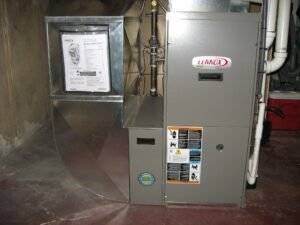
The Right Dimension Heater for Your Home: A Comprehensive Guide
Introduction
Selecting the right size heater for your home is vital for guaranteeing effective heating and comfort during the colder months. A furnace that’s too little will not keep your house warm, while one that’s too big can trigger unneeded energy usage and uneven heating. This guide will help you identify the ideal heater size for your home.
Understanding Heater Sizing: BTU and Performance
We determine the size of a heating system in British Thermal Systems (BTU). One BTU is the energy required to raise the temperature of one pound of water by one degree Fahrenheit. When picking a heating system, two crucial elements contribute: the BTU score, indicating the heater’s heating capability, and its performance score, measured in Annual Fuel Usage Performance (AFUE).
Determining Your Home’s Heating Requirements
You need to calculate your home’s heating needs to identify the appropriate heater size. The estimation thinks about elements like square video footage, climate zone, insulation quality, window type, and house layout. Usually, you require approximately 30-60 BTUs per square foot. However, this differs based on your home’s specific qualities.
Climate Zone and Its Effect On Heater Size
Your geographical place significantly affects the heater size required. Homes in colder areas, such as [place], require more BTUs per square foot than those in milder environments. Consult a heating specialist for specific recommendations.
The Function of Home Insulation in Heater Sizing
Excellent insulation minimizes the quantity of heat loss, suggesting you can go with a smaller sized heater. Evaluate your home’s insulation in the walls, attic, and windows. Upgrading insulation can be an affordable way to lower heating needs.
Considerations for Different Types of Heaters
There are numerous kinds of heating systems, like gas, electrical, and oil. Each type has special sizing factors to consider. Gas heating systems prevail and effective, electrical heating systems are more straightforward and more secure but frequently more costly to operate, and professionals install oil heating systems where gas isn’t readily available.
Significance of Professional HVAC Evaluation
A professional heating and cooling assessment is invaluable. Professionals consider all variables, including ductwork and home layout, to suggest the optimal heater size. They can carry out a Manual J estimation, the market standard for identifying heating and cooling loads.
Energy Performance and Cost-Effectiveness
Selecting a heating system with a high AFUE score is vital for energy performance and expense savings. Modern heating systems have AFUE rankings in between 80% and 98%, indicating the percentage of fuel converted into heating. While high-efficiency heating systems are more costly in advance, they can result in substantial cost savings in the long run.
Dealing With Typical Misconceptions About Heater Sizing
A common mistaken belief is that a larger heater is constantly better. However, an oversized heater can result in brief biking, where the heater frequently turns on and off, lowering performance and life-span. On the other hand, a small heater has a hard time to warm your home properly.
Long-Term Advantages of the Right-Sized Heating system
Picking the right-sized heater has long-term benefits, including constant comfort, lower energy costs, minimized carbon footprint, and less maintenance problems. It’s a balance in between in advance expenses and long-term cost savings.
Summary: Making an Educated Decision
Selecting the right size heater is a choice that impacts your home’s comfort and energy performance for several years to come. By understanding the fundamentals of heater sizing and looking for professional assistance, you can make an informed choice that ensures optimal heating for your home.
Keep in mind, the secret to an efficient and comfy home depend on picking the right heater and regular maintenance and considering other elements like insulation and climate. With this thorough guide, you are well-equipped to choose the best heater for your home, supplying warmth and comfort for many winters.
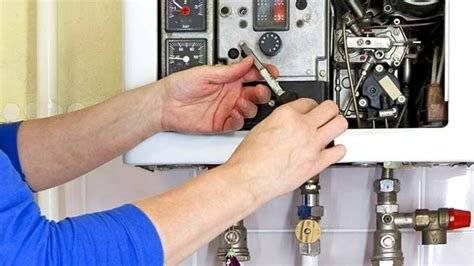
Replace vs Repair Heater: A Full Guide
Introduction
Deciding whether to change or repair your heater is a substantial choice for any homeowner. The choice impacts your instant comfort and safety and has long-term monetary ramifications. This thorough guide will check out numerous elements to consider, helping you make an informed choice.
Understanding Your Heating system
Life expectancy and Types
Heaters usually have a life-span of 15-20 years. The two main types are gas and electrical, each with various maintenance and functional expenses.
Indications of Problems
Typical signs that your heater might require attention include unusual noises, irregular heating, and increased energy costs.
When to Think About Repairing Your Heater
Repair is frequently the best choice for small problems or heating systems that are fairly brand-new and still under service warranty.
Cost-Effectiveness
Repairing can be more affordable for small problems. However, frequent repairs may suggest a much deeper problem.
Environmental Impact
Repairs frequently have a lower environmental effect than replacing the whole system.
When Replacement is the Very Best Alternative
You need to consider replacement if your heater is near completion of its life-span, repairs are becoming increasingly costly, or if it could be more energy effective.
Long-term Cost Cost Savings
While the preliminary expense is higher, a new heater can be more energy-efficient, conserving you money on energy costs.
Technological Developments
Newer models feature sophisticated technology, such as smart thermostats, which use better temperature level control and performance.
Weighing Your Alternatives
Cost Analysis
Compare the expense of repairs in time versus the one-time expense of a new heater.
Energy Performance
Evaluate how your existing heater’s performance is affecting your energy costs.
Home Value
Consider how a new heater may increase the value of your home, specifically if you prepare to sell in the future.
Professional Advice
Seeking Expert Opinion
Seek advice from heating and cooling professionals to evaluate the state of your existing heater and get estimates for repair work and replacement.
Significance of Regular Upkeep
Regular maintenance can extend the life of your heater, whether you choose to repair or change it.
Summary
In conclusion, deciding to repair or change your heater depends upon numerous elements, including age, condition, expense, and energy performance. By considering these elements and looking for professional guidance, you can decide that ensures comfort, safety, and monetary vigilance for your home.
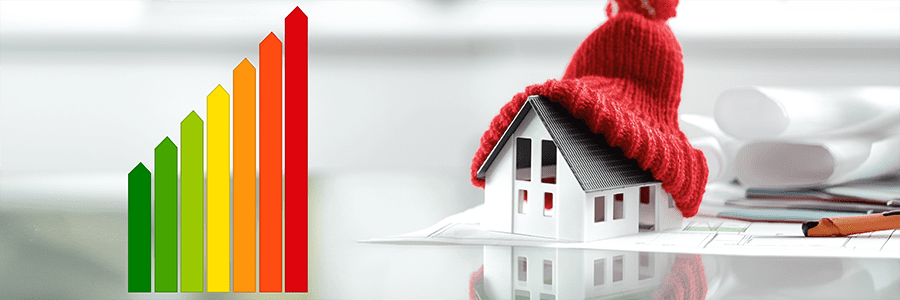
What Time of Year is the Cheapest to Replace Your Heater?
Will a New Heater Reduce Your House Insurance?
Introduction
Home maintenance can be a substantial financial investment, specifically when it includes vital systems like heating. One of the most substantial expenses house owners face is replacing their heater. However, timing this replacement can result in substantial cost savings. This article explores the best season to change your heater, considering cost-effectiveness and practicality.
Understanding Heater Replacements
The Requirement for Replacement
Before delving into timing, it’s important to understand why and when you need to change your heater. Typical signs include frequent repairs, heating inadequacy, and the system’s age (typically beyond 15-20 years). Replacing an out-of-date or malfunctioning heater improves heating performance and ensures safety and comfort during colder months.
Aspects Influencing Heater Rates
Several elements impact heater costs, including the kind of heater, brand, capability, and the intricacy of installation. Seasonal need is another substantial element, frequently neglected, yet it plays an important role in identifying the expense.
Best Time for Replacement: Off-Season
Why Choose Off-Season?
The off-season, primarily spring and early fall, is generally the cheapest to change a heating system. The need for heating systems is lower during these durations than during the peak winter season. Lower need frequently causes more competitive rates from manufacturers and installers.
Benefits of Off-Season Replacement
- Lower Expenses: Minimized need can result in discount rates and more customer working out power.
- Schedule of Technicians: heating and cooling specialists are less hectic during these times, guaranteeing more versatile scheduling and quicker installation.
- Sufficient Time for Research: The off-season provides house owners sufficient time to research study various heater models and choices without the pressure of instant need.
Preparation Ahead
Using the off-season requires planning. Prepare for the need for replacement and schedule it when the need is low. This foresight conserves money and avoids the hassle of a heating system breaking down in the middle of winter season.
Winter: The Peak Season
Obstacles of Winter Replacement
- Higher Rates: The need for heater installation and repair work peaks during winter season, causing higher costs.
- Busy Schedules: Finding a specialist might be more difficult, and you may have to wait longer for a consultation.
- Emergency Replacements: If your heater breaks down in winter season, you may have to go with an immediate replacement, which leaves little room for expense contrast or negotiation.
Other Considerations
Energy Performance and Rebates
Investing in energy-efficient models might be more costly in advance but can result in long-term cost savings. Likewise, look out for rebates and tax credits used for energy-efficient home enhancements.
Significance of Regular Upkeep
Regular maintenance can prolong the life of your heater, postponing the need for replacement. It’s an essential element of home care that you need to pay attention to.
Summary
Timing your heater replacement can result in substantial cost savings. The off-season, particularly spring and early fall, is usually the most affordable period for this financial investment. Preparation, considering energy performance, and preserving your existing heater can optimize costs and make sure a warm, comfy home.
Introduction
Property owners frequently contemplate whether upgrading their home appliances and systems can result in cost savings on their home insurance coverage premiums. One typical question is whether installing a new heater decreases home insurance coverage expenses. This article explores how a new heater installation may affect your home insurance coverage, offering insights into insurance plan, threat management, and possible cost savings.
Understanding House Insurance Premiums
Before diving into the specifics of heating systems and insurance coverage, it’s vital to understand what elements affect home insurance coverage premiums. Insurer evaluate numerous elements, including:
- Home Age and Condition: Insurance Agents see more recent homes with updated systems as lower dangers.
- Place: Geographical place and local climate can significantly impact insurance coverage rates.
- Safety Features: The presence of alarms, smoke detectors, and other safety gadgets can lower premiums.
The Impact of a New Heater on House Insurance
Installing a new heater in your house can have a number of ramifications for your home insurance coverage:
- Minimized Threat of Fire and Gas Leaks: Modern heating systems with sophisticated safety functions lessen dangers like fire or gas leakages. This threat decrease can be favourable in the eyes of insurance coverage suppliers.
- Improved Energy Performance: Newer heating systems are frequently more energy-efficient, causing lower utility expenses and a decreased environmental footprint, indirectly impacting insurance coverage factors to consider.
- Boosted Home Value: Upgrading to a new heater can increase your home’s market value, which may impact the protection you require.
Potential Insurance Discounts
Some insurance companies use discount rates for home enhancements that lower threat. These may include:
- Protective Gadget Discounts: You may receive a discount if your brand-new heater includes sophisticated safety functions.
- Green House Discounts: Some insurers provide special discount rates for installing energy-efficient appliances.
Documents and Appraisal
To utilize a new heater installation for insurance coverage benefits, consider the following:
- Professional Installation: Guarantee a licensed professional installs your heater, which can be a prerequisite for insurance coverage benefits.
- Keep Records: Maintain all receipts and paperwork for the heater purchase and installation.
- Notify Your Insurance Provider: Notify your insurance company about the upgrade. They might require an inspection or extra paperwork.
Considerations Before Upgrading
While a new heater can use benefits, consider the following:
- Cost vs. Advantage Analysis: Evaluate if the long-term cost savings on insurance coverage and energy costs justify the preliminary expense of a new heater.
- Insurance Policy Evaluation: Speak with your insurance coverage representative to understand how a new heater may specifically affect your policy.
Summary
Upgrading to a new heater can lower your home insurance coverage premiums by lowering threat and improving your home’s safety and performance. However, the effect differs based on specific insurance plan and the specific functions of the heater. It’s suggested to seek advice from your insurance coverage supplier to understand the full benefits and ramifications of a new heater installation.
FAQs
Q: How much can I save money on my home insurance coverage by installing a new heater?
A: Cost savings differ based on the insurance coverage supplier and the specific functions of the brand-new heater. Seek advice from your insurance coverage representative for comprehensive information.
Q: Exist any specific kinds of heating systems that are more favourable for insurance coverage discount rates?
A: Heaters with sophisticated safety functions, high energy performance rankings, and those that satisfy specific environmental requirements are frequently more favourable.
How to Prepare for a Heating System Installation
Installing a new heater in your house is a substantial financial investment and an essential upgrade to your living space. It improves the comfort of your home and improves energy performance. Proper installation preparation is vital to make sure the installation procedure is smooth and worry-free. This article will guide you through the essential steps to prepare for a heating system installation.
Understanding Your Heating Requirements
Examining Your Space: The initial step is to evaluate the size of your space and understand the heating requirements. A too-large or too-small heater for your home can result in inadequacy and higher energy expenses. Consulting with a heating professional to identify the right heater size is vital.
Selecting the Right Heater: There are numerous heating systems, including gas, electrical, and oil. Each has benefits and drawbacks; the choice depends upon your place, spending plan, and personal preference. Research and seek advice from professionals to make an informed choice.
Pre-Installation Preparation
Picking a Qualified Installer: We can not overstate the importance of picking a qualified and experienced installer. Search for professionals with excellent reviews and appropriate certification. They will make sure a proper installation and guide you through the procedure.
Clearing the Location: Guarantee the area where you prepare to install the heater is clear of any clutter. A tidy area offers easy access to the installation team and accelerate the procedure. Remove any valuable or vulnerable products from the area to avoid accidental damage.
Getting ready for Downtime: Depending upon the intricacy of the installation, your heater might be down for a few hours to a day. Strategy appropriately, specifically if the installation is during colder months.
Throughout Installation
Access to Your Home: Guarantee the installers have easy access to your home, which includes guaranteeing that parking is readily available and a clear course to the heater place.
Communication: Stay readily available to address any concerns the installers may have. Clear interaction can help deal with any problems rapidly and ensure your installation goes as planned.
After Installation Checks
Examine the Installation: Once the installation is complete, examine the work with the installer. Guarantee that the installation is complete which the area is clean.
Understanding the System: Have the installer discuss the performance of the brand-new heater, including how to change filters and the fundamental troubleshooting steps.
Service warranty and Documents: Guarantee you get all essential paperwork, including service warranty information and operating manuals. Keep these documents in a safe place for future recommendation.
Conclusion
Getting ready for a heating system installation includes understanding your heating needs, picking the right heater, and picking a qualified installer. By following these steps, you can make sure a hassle-free installation procedure and take pleasure in the comfort and performance of your brand-new heater for several years to come. Keep in mind, a little preparation goes a long way in guaranteeing a smooth and effective heater installation.
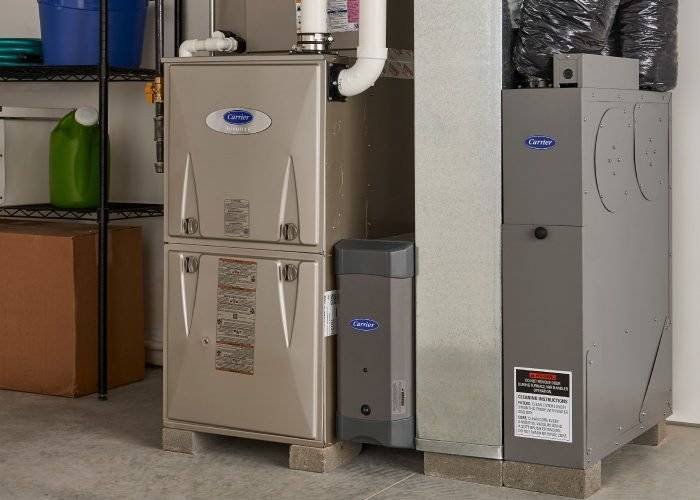
Our Work
